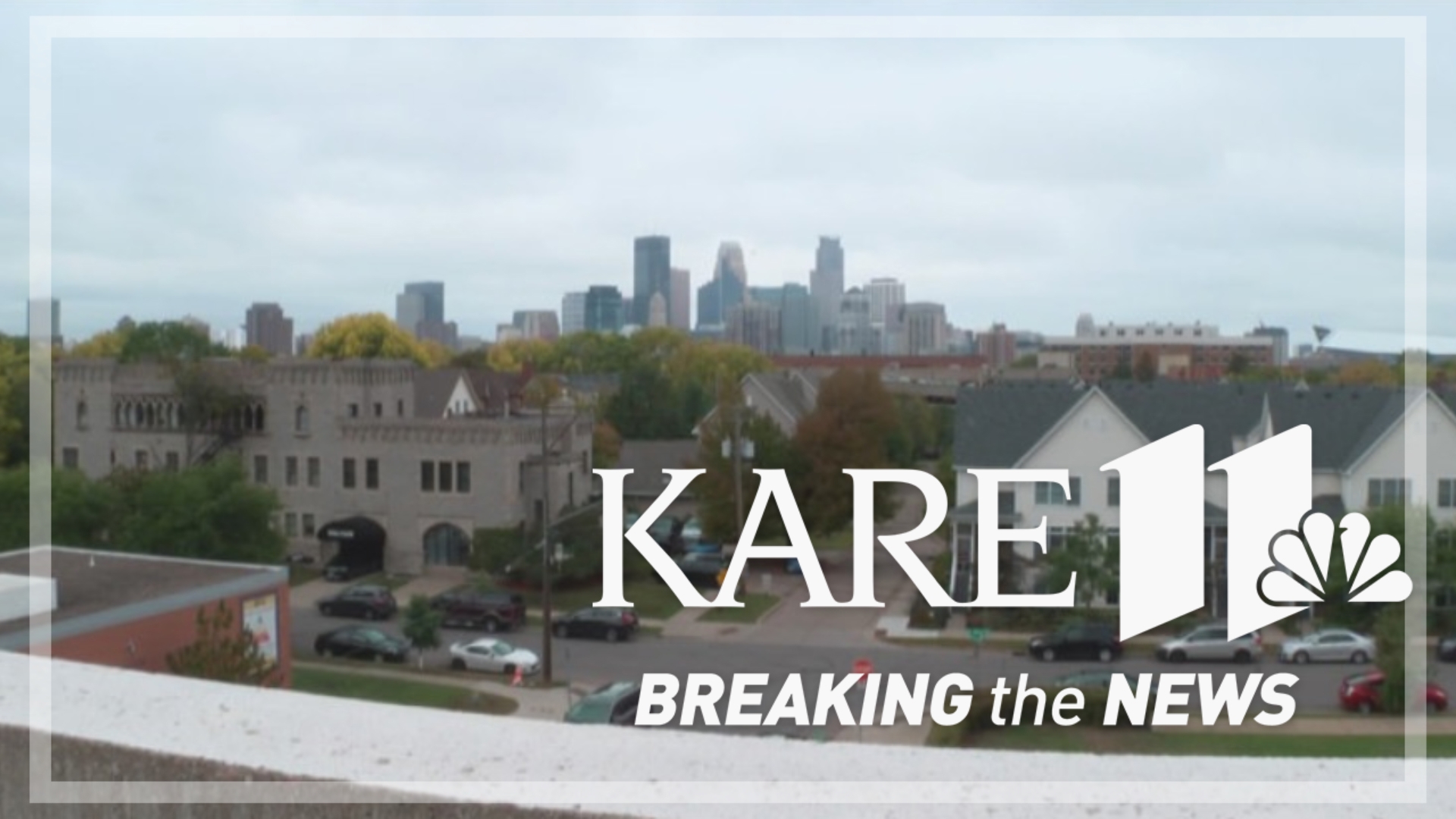MINNEAPOLIS — The mayors of Minneapolis and St Paul both proposed property tax increases of roughly 8% this week, citing rising costs associated with public employees, public safety and programs, as well as shifting burdens caused by the loss of federal COVID-19 funding and big losses to downtown property values.
"We're reinventing our downtown strategy to better serve all who live work and visit St. Paul," said St. Paul Mayor Melvin Carter.
"A reduced valuation of office buildings have shifted the impact of those costs to homeowners and renters through increased property taxes," said Minneapolis Mayor Jacob Frey.
The decline in commercial property values, and the rise of vacant office space in the heart of the Twin Cities has been playing out gradually since the pandemic shifted the way American's work.
"It's been a slow trickle," said Andrew Babula is Director of the Real Estate Program at the University of St Thomas. "When there's vacancy, that means there's less income and when there's less income, the values of the properties start declining."
But after crunching some numbers based on recent losses in downtown Minneapolis Babula said the impact isn't as big as many, including himself, might have expected.
"Even though office properties are declining, it's not extremely significant," Babula said.
For his study, "Falling Valuations and the Impact on Tax Revenue" he looked at several recent examples of downtown office buildings that had lost roughly 50% of their assessed value since the pandemic.
"We decided to look at what would happen if all those downtown properties declined at that value," Babula said. "We found that we'd see about a 1% reduction in the taxes that they would be contributing toward uh the city's budget. So that 1% then has to be distributed amongst all the, all the other uh property owners."
He said it surprised him, and that he expected it to be a little bit higher. There are still plenty of reasons why the mayor's of each city are proposing property tax increases of roughly 8%, he said.
In Minneapolis alone, wages are set to increase more than 10% for parks workers, 22% for police, and 30% for public works employees in the next few years. Costs associated with the human rights settlement and consent decreee following the murder of George Floyd are also expected to result in large expenses.
"The bigger impact is just because things have gone up in price," Babula said. "It's more expensive."
And while he said we should all care what happens to those downtown buildings, we can't necessarily blame our tax bills entirely on them.
"Without the increased costs, I don't think homeowners would necessarily recognize, or even realize, the impact that it's having on their home," he said.

